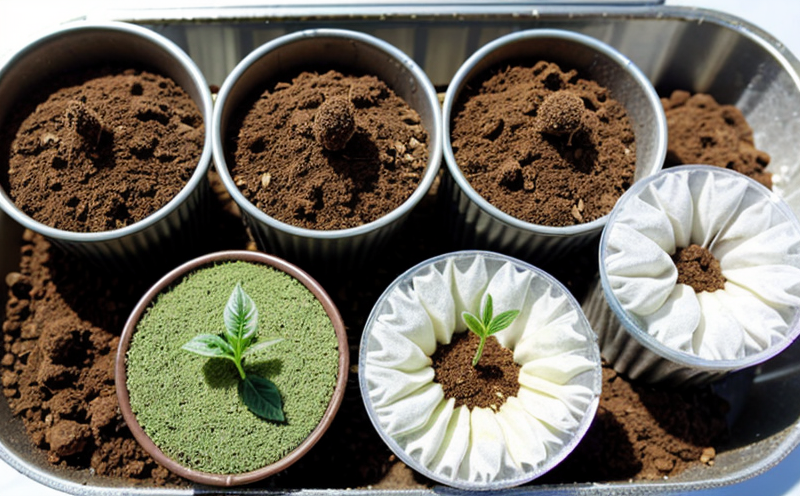Organic Certification Seed Testing
The process of organic certification seed testing is a critical component in ensuring that agricultural and forestry products meet rigorous international standards. This service focuses on verifying the purity, quality, and germination rate of seeds intended for organic cultivation. Organic certification requires not only adherence to strict farming practices but also the use of seeds that are free from genetically modified organisms (GMOs) and synthetic chemicals.
At Eurolab, we employ advanced laboratory techniques and adhere strictly to international standards such as ISO 3632-1:2017 for seed quality testing. Our team of experts ensures that every batch of seeds submitted for organic certification undergoes thorough analysis to ensure compliance with the requirements set by organizations like USDA Organic, EU Organic, and others.
The first step in this process is a rigorous examination of the seed lot's purity. This involves identifying any non-seed material such as weed seeds or other contaminants that could compromise the integrity of organic certification. Next, we conduct tests to determine the percentage of germination, which is essential for ensuring that these seeds will sprout and grow successfully in an organic environment.
The testing process also includes checking for genetic modification using PCR analysis and DNA fingerprinting techniques. These methods help confirm that the seeds are indeed non-GMO as required by organic certification standards. Additionally, we perform moisture content tests to ensure that the seeds are stored under optimal conditions which can affect their viability.
Once all these parameters have been analyzed and confirmed within acceptable limits, a report is generated detailing each aspect of the test results along with recommendations for further action if any discrepancies were found during testing. This comprehensive approach ensures not only compliance but also enhances confidence among buyers that they are purchasing genuine organic seeds.
Benefits
- Enhanced Marketability: Organic certification opens up new markets for farmers and producers who want to sell their products without synthetic chemicals or GMOs.
- Consumer Trust: Consumers are increasingly demanding organic food products, and having certified seeds can build trust with these customers.
- Regulatory Compliance: Ensuring that your seeds meet all necessary regulatory requirements helps avoid costly penalties and legal issues.
- Pure Products: By eliminating contaminants like weed seeds or other unwanted materials, you ensure the purity of your final product.
Eurolab Advantages
EuroLab prides itself on providing unparalleled accuracy and precision in our seed testing services. Our state-of-the-art facilities equipped with cutting-edge analytical instruments allow us to offer reliable results that are crucial for maintaining organic certification standards.
Our experienced technicians have extensive knowledge of both the theoretical aspects of seed science as well as practical experience working directly within agricultural settings. This combination ensures that we can provide accurate interpretations and actionable insights based on our findings.
We also ensure rapid turnaround times while still delivering high-quality results, allowing you to receive your reports promptly so you can make informed decisions regarding your crop planning or business strategies.
Use Cases and Application Examples
| Use Case | Description |
|---|---|
| Certifying Organic Crop Seeds | Verifying that seeds used in organic farming are free from GMOs, synthetic chemicals, and other prohibited substances. |
| Ensuring Compliance with Regulations | Guaranteeing adherence to local and international regulations governing the sale of organic products. |
| Improving Crop Yields | Determining optimal planting times by analyzing seed viability and germination rates. |
| Sustaining Soil Health | Selecting seeds that promote beneficial microorganisms in soil without introducing harmful agents through conventional means. |





